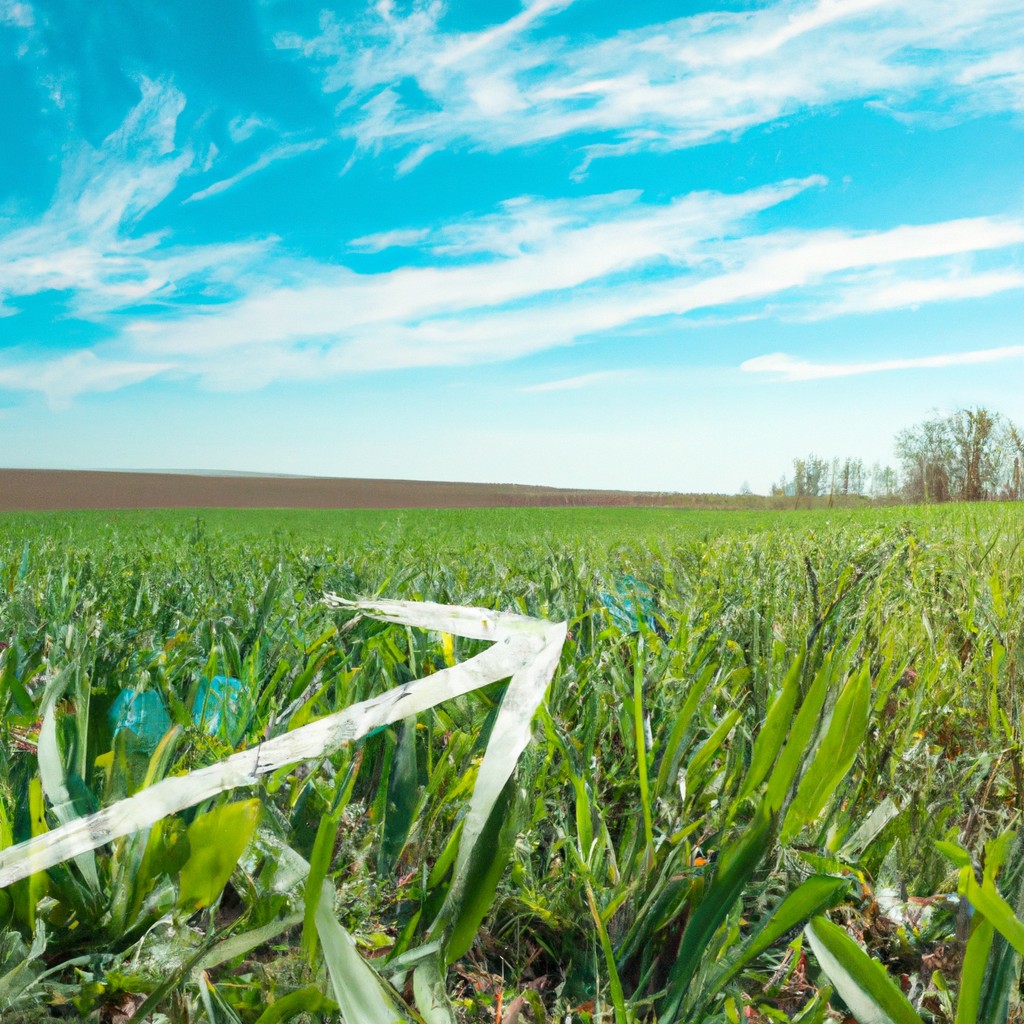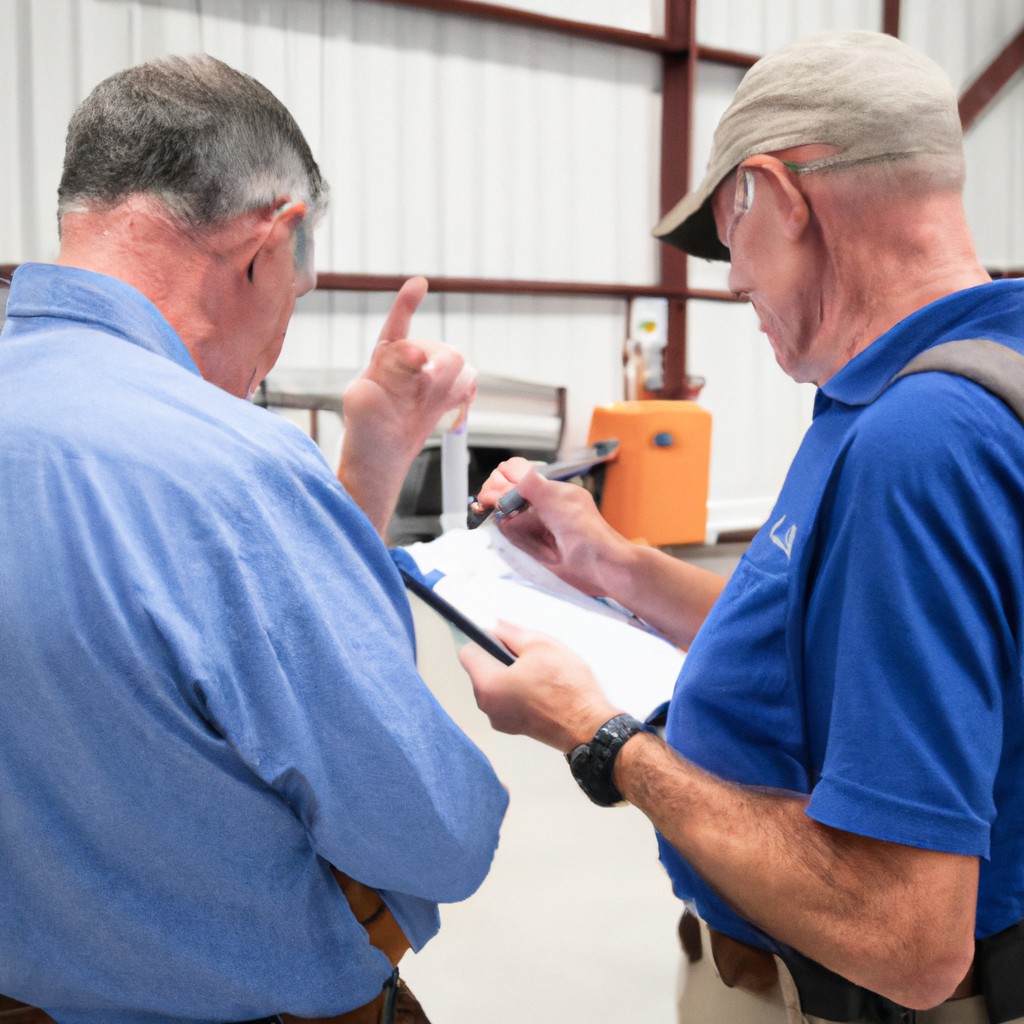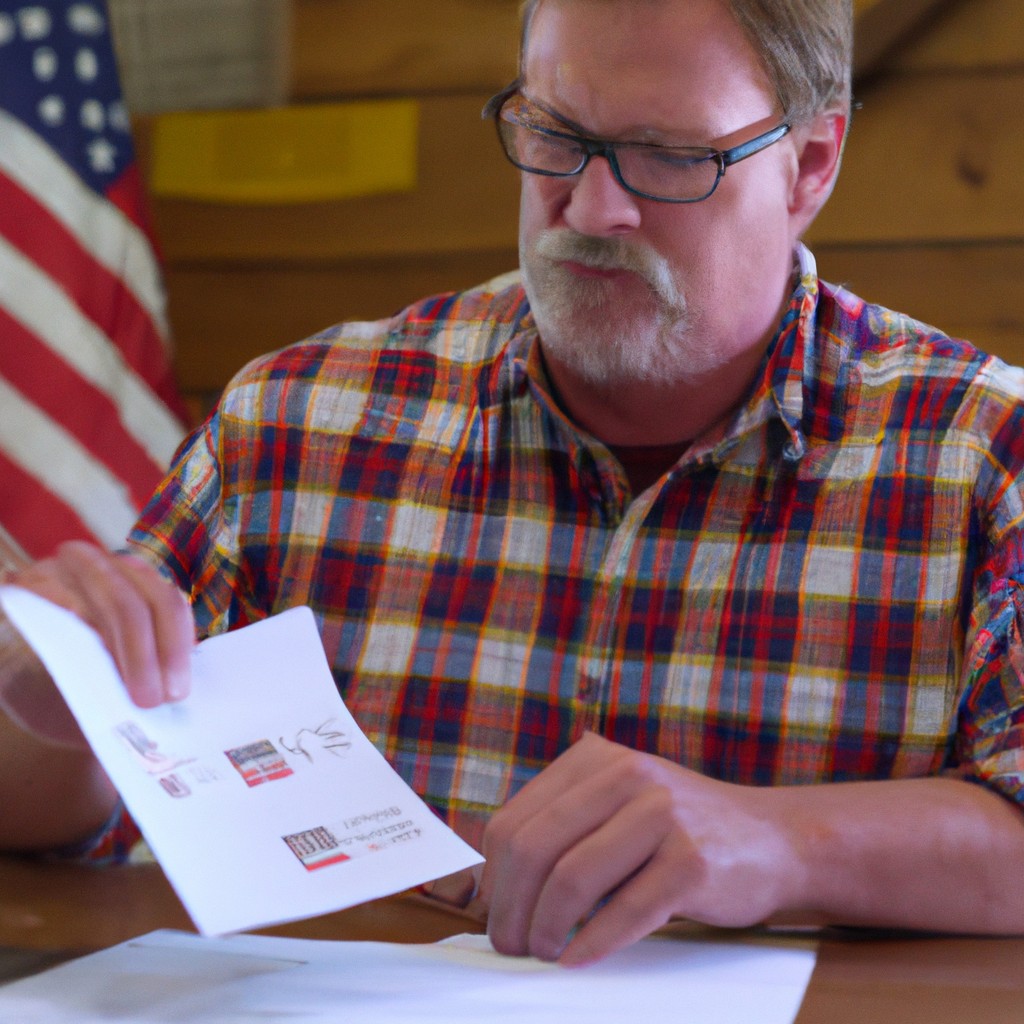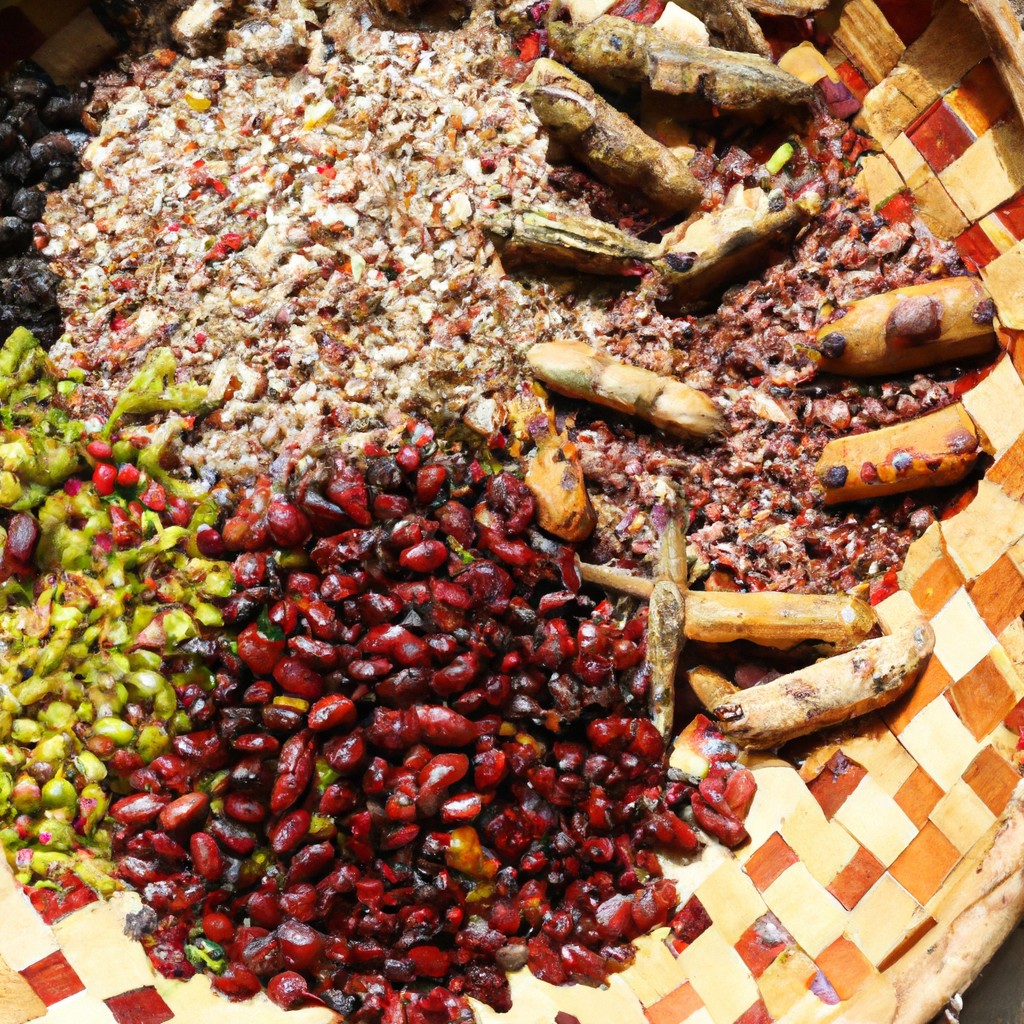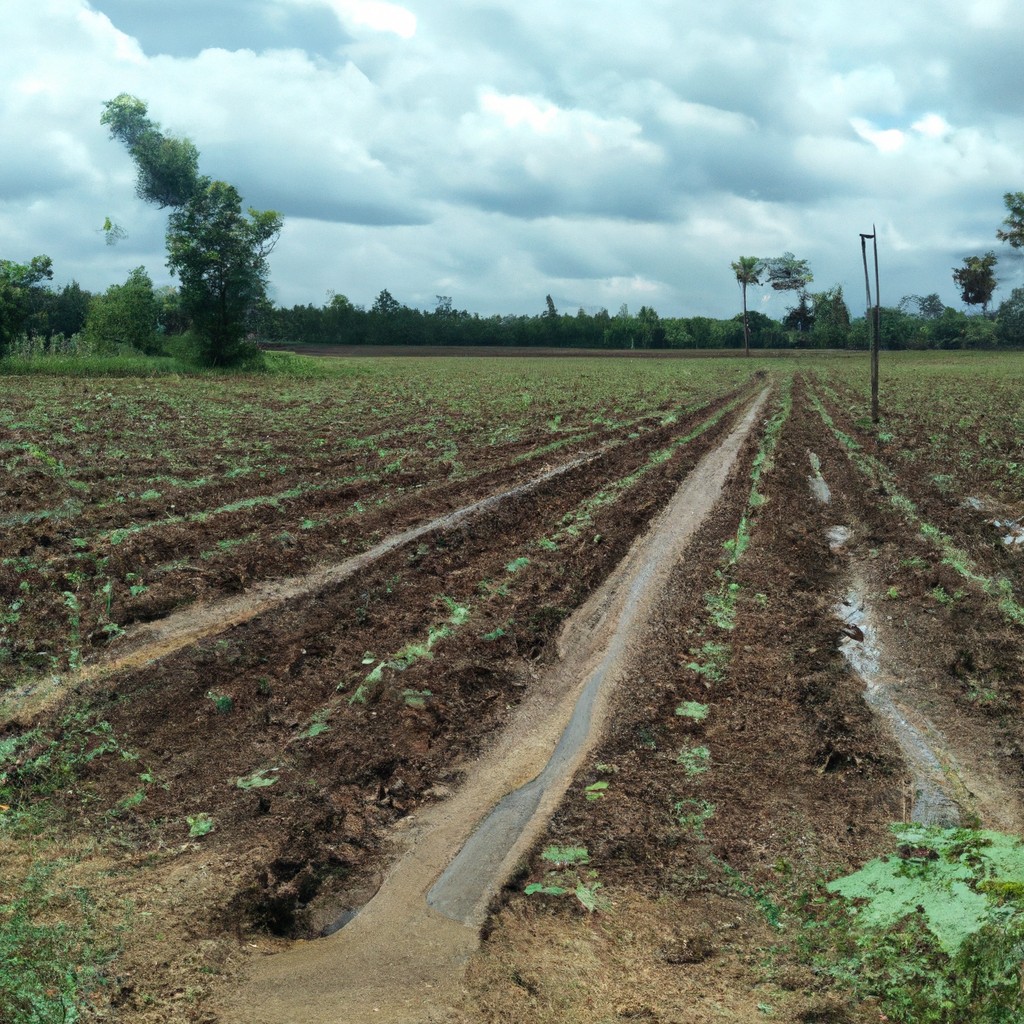Get the scoop on how Cornell CALS empowers future agripreneurs with cutting-edge research and hands-on education in sustainable and regenerative farming.
Look Inside:
Establishment of the New York State College of Agriculture
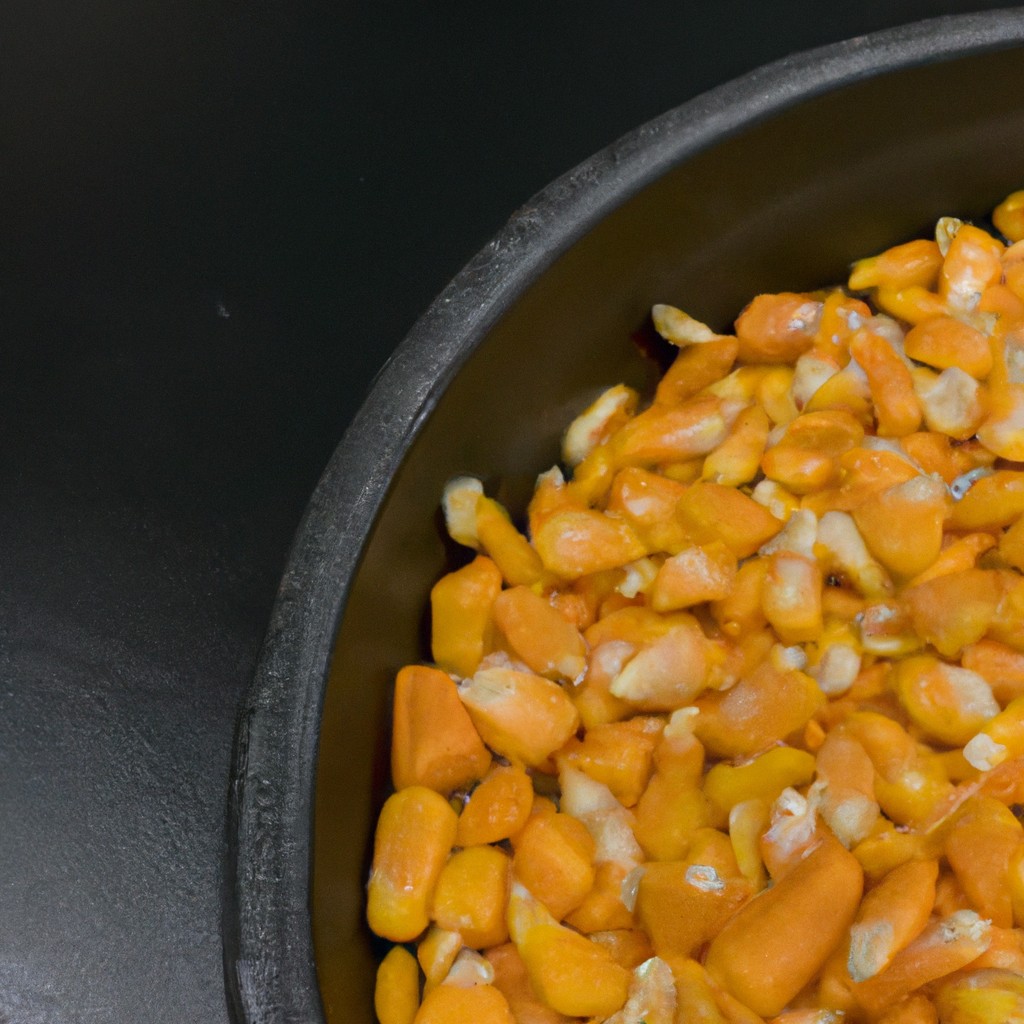
Founded in 1865, Cornell University was a game-changer from the start. Two out of its initial four colleges were devoted to agriculture—proof that plants and cows deserved a seat at the academic table.
In 1888, the New York State College of Agriculture was officially established. Its mission? Empower farmers with cutting-edge research and turn students into agricultural wizards.
Think land-grant university meets Hogwarts: research stations popping up, faculty and students donning lab coats, and farmers looking on in awe. Funded by both state and private dollars, it was like a bake sale where everyone pitches in for the finest pie in the county.
Fast forward, and you have a robust institution embedded within Cornell University that’s dedicated to sustainability, innovation, and making sure no soil goes unturned. The synergy between education and practical application laid strong roots, branching out into a global influence on sustainable agriculture practices.
This campus isn’t just cornfields; it’s a farm-to-table educational experience.
Academic Programs
Cornell CALS offers a buffet of academic opportunities. You don’t need a green thumb to get started, but you might end up with one!
The agricultural sciences program, for example, isn’t just about planting seeds. Students dive into crop management, soil science, and even agricultural economics.
Then there’s the animal science track. Here, you’ll get up close and personal with critters of all kinds, from dairy cows to honey bees. It’s like a petting zoo with homework!
For the tech-savvy, there’s the bioengineering program. Think robots in fields, not just for novelty but to revolutionize crop harvesting and reduce labor intensity.
And let’s not forget environmental and sustainability sciences. Students learn to save the world, one compost pile at a time. Topics range from climate change mitigation to renewable energy.
Oenophiles, rejoice! There’s even a viticulture and enology program. Yes, studying wine is a thing and no, it doesn’t just involve drinking.
Lastly, there are facilities like the Cornell Botanic Gardens and research farms supporting hands-on learning. Because who wants to learn about plants without getting their hands dirty?
Dig in — there’s something for everyone.
Notable Alumni
Ever heard of Barbara McClintock? She won a Nobel Prize in Physiology or Medicine. Her groundbreaking work on genetics left scientific circles more than just a little impressed.
How about Bill Nye? That’s right, the Science Guy himself graduated from Cornell CALS. So, next time you’re glued to his show, remember where he got his start.
Then there’s Abhay Ashtekar, a theoretical physicist who’s made waves in the realms of quantum gravity. Pretty heavy stuff, and he’s got CALS to thank for his early education.
Mary-Dell Chilton, a pioneer in genetic engineering, also walked the halls of this institution. Her work in plant biotechnology ranks among the top scientific achievements.
And for a bit of political flair, there’s Henry A. Wallace, who served as Vice President of the United States. Clearly, CALS grads are no strangers to making history.
Rankings and Admission
Cornell CALS consistently ranks among the top agricultural schools worldwide. Prospective students should prepare their graham crackers and marshmallows because the admission process can be intense, but it’s worth it.
First, academic excellence is key. Good grades and stellar test scores are your golden tickets. Next, they love a well-rounded applicant. Extracurriculars, especially those related to agriculture or science, are big pluses.
They also want to see a passion for making the world greener. So, sharing your dream of turning your backyard into a biodiverse sanctuary won’t hurt. Finally, recommendation letters – get yourself some rave reviews from teachers or mentors who can attest to your awesomeness.
In a nutshell, show them you’re both brainy and zealous about agriculture. It’s that simple, and a tad crunchy.
Additional Programs and Facilities
You know what’s cooler than just a classroom? A massive greenhouse the size of a small village! Cornell CALS sports a sprawling agricultural experiment station. Think of it as a playground for scientists, where they tinker with crops like they’re building the latest gadget.
Got a thing for organic farming? Then you’ll love the program’s dedicated organic research farms. They’re practically bursting with worms, but in a good way.
Animal lovers aren’t left out either. There’s a state-of-the-art dairy research center. Yes, the cows have better facilities than your local gym.
And don’t overlook the Mann Library. It’s basically Hogwarts for agri-nerds, complete with spellbindingly rare plant books and cutting-edge ag data.
Fancy a hands-on experience? Check out the student-run farms where you can test-drive your green thumb.
Remember, variety is the spice of life, and CALS has more spices than your grandma’s kitchen.
